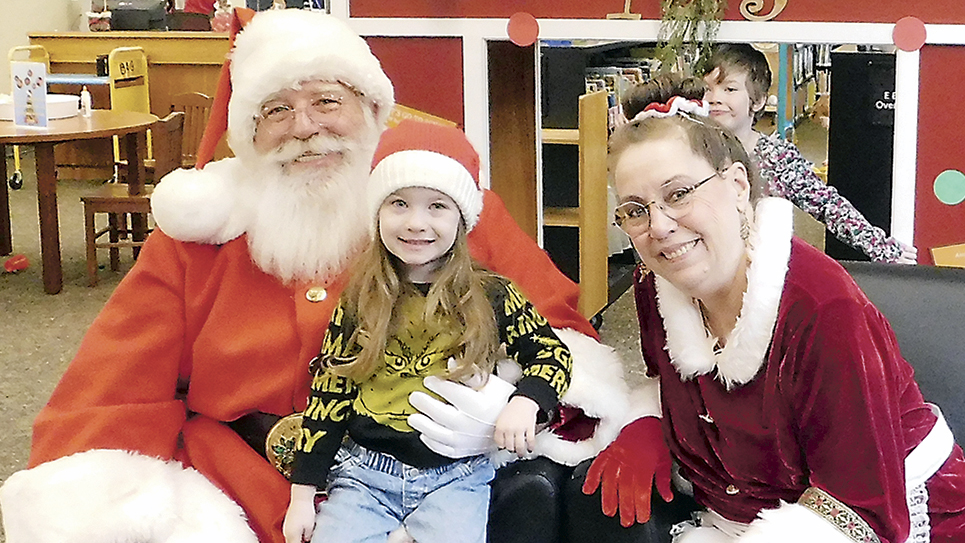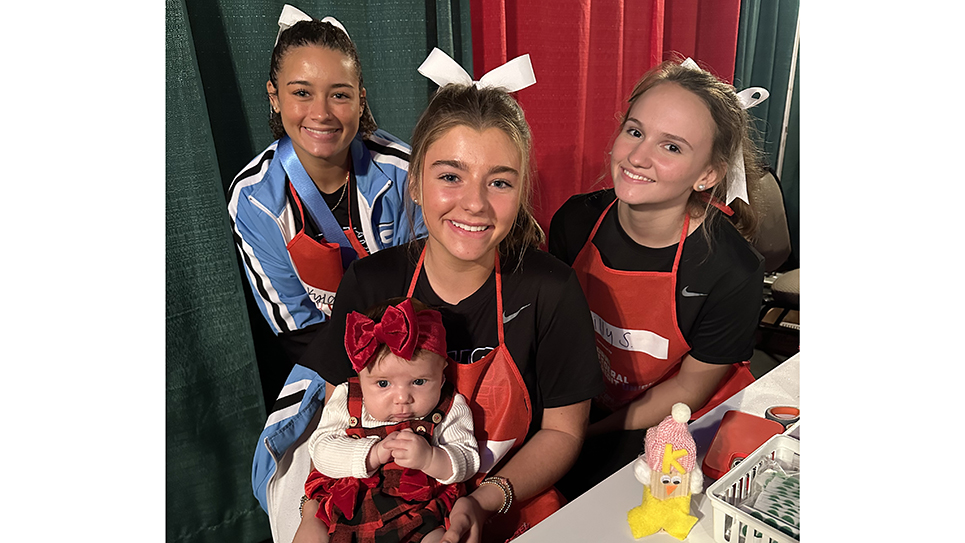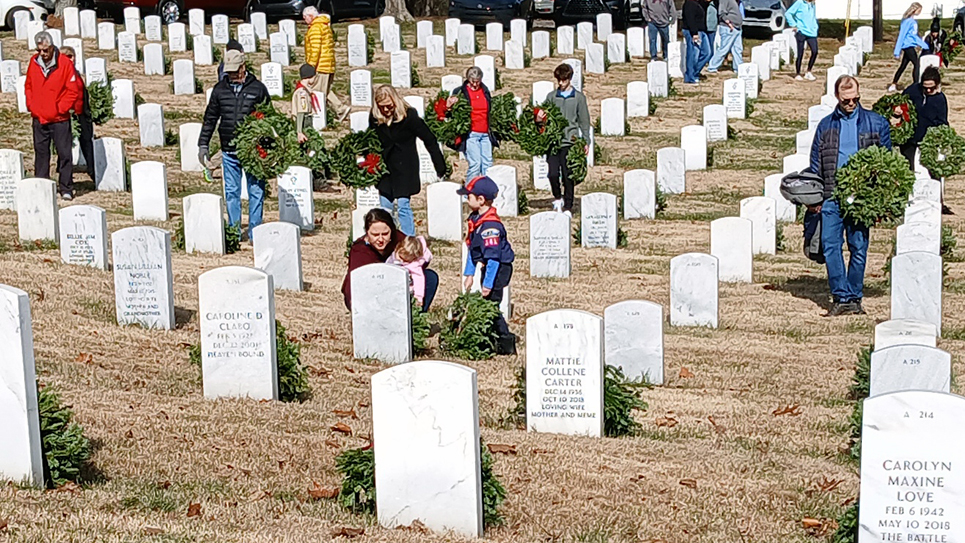Summer is the season when Americans travel. We go to the beach, we cruise the Caribbean and some of us travel to Europe and other foreign lands.
I’m blessed to have traveled extensively throughout my life. I’ve stood atop the Pyrenees in Andorra, and skied at 12,000 feet in the Rocky Mountains. SCUBA gear took me deep into the ocean, showing me another perspective of God’s creation. A half dozen mission trips in Central America taught me about poverty and disease better than any textbook of medicine. I’ve stood on the ruins of Hannibal’s ancient Carthaginian empire in modern day Tunisia, and the site of the Trojan War in Turkey, immortalized in Homer’s Iliad, where Achilles once confronted mighty Hector. And a dozen trips across the Atlantic to virtually every country in Europe has quenched my travel appetite.
Yes, my wanderlust has dissipated because I’ve seen most of the places on my travel list, but I also consider foreign travel now more risky. I applaud my adventuresome friends who still venture out into a world described by the Pope to be “at war.” And it would be a lie to say I’m not concerned about two friends on their way to Turkey amidst that country’s turmoil.
Emporiatrics is a branch of medicine focusing on travel issues. While recommending appropriate vaccinations, I’ve often quipped it’s tough to be sick, but it’s worse to be sick away from home. A tragedy recently struck a friend of my family while traveling and is the genesis of this essay.
It’s been a long time since I took a refresher course on CPR (cardiopulmonary resuscitation). Forty years ago there wasn’t formal certification for life threatening situations. I was “certified ” in the trenches of an inner city hospital during my internal medicine training. Gunshot wounds, shock and heart attacks often led to cardiac arrest and resuscitation. We learned on the job from our peers by observing and doing what was necessary in a crisis. I could try to tell you about the John Gaston Hospital in Memphis, with a police precinct station in the ER and medical care delivered in a ghetto-like setting. One story should suffice: I once resuscitated an elderly man in the middle of the night aided only by a nurse who hardly spoke English. We successfully defibrillated and saved our patient, and then together managed to put out the fire which erupted in the EKG machine from an electrical spark.
When I trained there was no such thing as an AED (automated external defibrillator). Years later, after my “sink or swim” medical training, I did pass a course on CPR and received the certificate for my office wall. Things have changed. We now have equipment designed to help even non-medical folks save the life of someone suffering a cardiac arrest from the all too common heart attack and fibrillation.
Though the AED device is designed for laymen, you need simple instruction to use it effectively. I once used an AED about ten years ago when a woman suffered a cardiac arrest in an office next door to mine. I answered the call, but was disturbed to find the doctors and nurses wondering what to do. It was obvious they hadn’t rehearsed such an emergency. We were able to shock the lady’s heart back into rhythm and place a tube into her windpipe to aide her breathing. We later heard that she died at the hospital, undoubtedly as a consequence of her many illnesses, advanced age and latest heart attack.
My church’s refresher course on our AED device was excellent and timely. A friend of my family suffered a cardiac arrest while vacationing in Barcelona, Spain. I wondered if CPR or an AED aided her because she made it to the hospital. Unfortunately, she sustained brain damage when circulation was interrupted. Her tragic death should be a clarion call to do all we can.
Emergencies happen and preparedness is good stewardship. As I listened to my nurse friend’s AED update, I couldn’t help but travel back in time to The Gaston and what “Hawkeye” Pierce of M*A*S*H* fame would have labeled “meatball” medicine – in place of his “meatball surgery” in Korea. My medical training must have imprinted on my brain’s neural pathways analogous to learning to ride a bicycle. I once rushed to resuscitate a fellow parishioner in a church pew. She “survived” my medical care and was back in church a few weeks later sporting a pacemaker. Needless to say, my plans to nap during that sermon – after a long night in the hospital – went by the wayside.
Many times since my medical residency, I’ve found myself in an almost “out of body, above the fray” calm persona during resuscitations. Panic is not helpful in a crisis. You can avoid this by being prepared and learning how to use the tools available. The Heimlich maneuver is a classic example of a technique you should learn and practice – at least in your mind – to perhaps save a child’s life or the fellow at the next table who is choking and can’t speak as a result.
In 2015 the Institute of Medicine published results showing that only 6% survive a cardiac arrest sustained outside the hospital. Hospitals use monitors to look for dangerous cardiac rhythms and have trained personnel to quickly respond to patients in trouble. As a result the hospital survival of cardiac arrest is four times greater, despite a population of sick people.
We must do better. Beginning chest compressions is paramount after finding an unconscious person who isn’t breathing and doesn’t have a pulse. Each minute that goes by without chest compression decreases the chance of survival by 10%. Studies have shown that the collapsed victim has enough oxygen to sustain them if circulation is restored. And combining CPR with the use of an AED can improve out of hospital survival to 40%.
We know that the Gospeler Luke was a physician, and I fancy him as an internist in spirit because there were no internists until after WW II. If you doubt me reflect on Luke 1:3-4.
In the 10th chapter of his Gospel, Luke chronicles Jesus’ well known parable of the Good Samaritan. It was the despised yet good citizen from Samaria, not the elite, who responded to the beaten man left for dead.
None of us should “pass by on the other side of the road” and fail to do our best.






